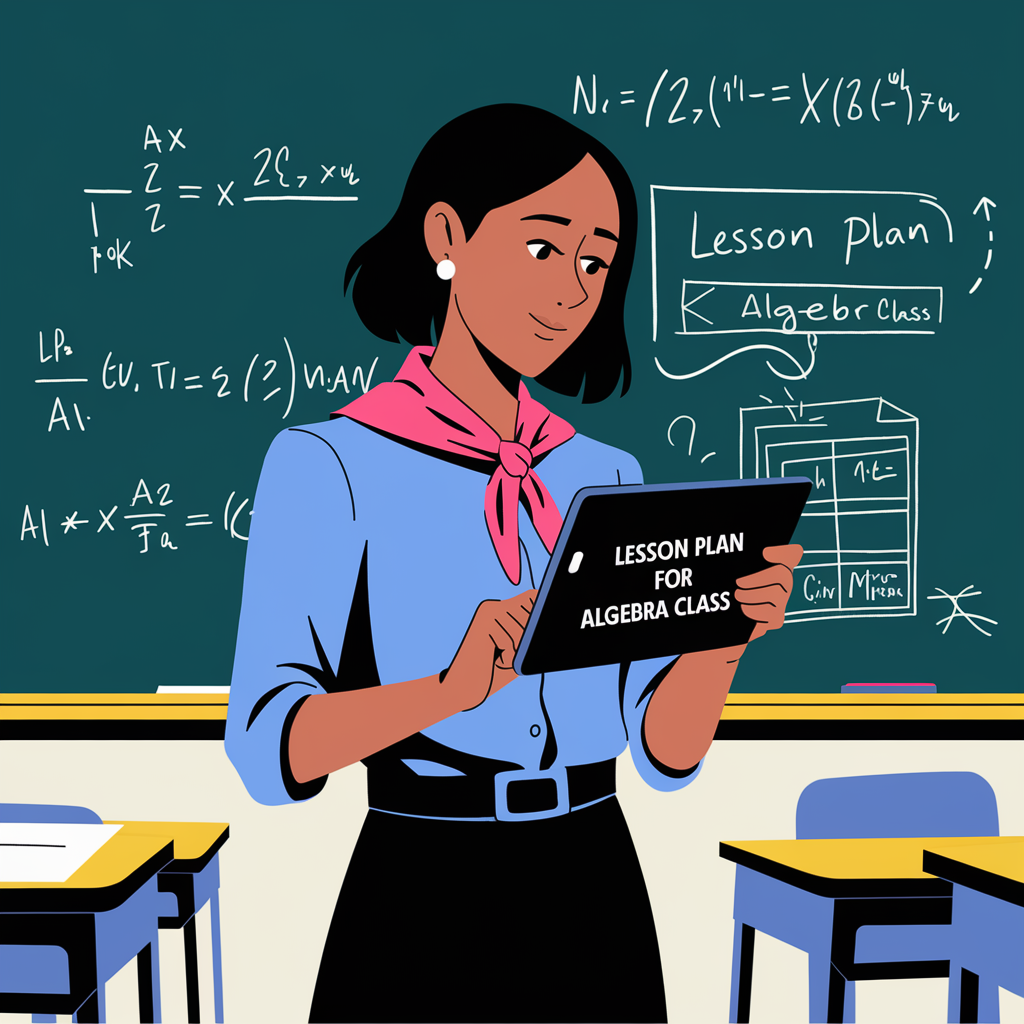
Personalizing Learning with AI-Powered Assessments
For decades, educators have struggled to balance standardized instruction with individualized student needs. Enter artificial intelligence. AI-powered assessments now offer the ability to analyze student performance data, pinpoint learning gaps, and tailor instruction like never before. By leveraging machine learning algorithms, these assessments move beyond one-size-fits-all testing to provide real-time insights that empower teachers and engage students.

The Role of Human Expertise in AI-Powered Assessments
AI-powered assessments are here to stay, and they hold immense potential to improve education. However, their success hinges on the partnership between technology and human expertise. Educators bring the contextual understanding, ethical considerations, and nuanced judgment that AI lacks.



The Rise of Portfolio-Based Assessment
Portfolios highlight both process and product, emphasizing growth over time. For example, an engineering student’s portfolio might include early prototypes, iterative design documentation, and a final working model. This progression tells a richer story than a single test score ever could.



David Ross: The 5 Essential Features of Quality Formative Assessment
My advice on formative assessment, whether done by you or by an AI-powered system you subscribe to, is to follow these best practices. AI may be able to lighten your workload if it mimics the behaviors of successful teachers who learned the hard way.

Does frequent assessment improve student outcomes?
Frequent assessment has become a mainstay in modern education. From weekly quizzes to formative check-ins, educators rely on regular evaluations to track progress and guide instruction. But do these frequent assessments genuinely improve student outcomes? Let’s explore the research and what it reveals about the effectiveness of regular testing.

Alicia Peletz: What Is Assessment Really, Anyway?
In an educational context, the teacher takes on the role of observing learning, monitoring progress, and gathering information to develop an understanding of what students can do to help them improve over time. If this is the root of assessment, why isn't this what we often think of? How can we return to assessment’s roots in our classroom









Should I tell people (students and parents) I use AI for grading and reviewing formative assessments?
Using the Washington Post Test to answer a New York Times question. TLDR: If someone asks, don’t be ashamed to say you used AI to do a first pass at grading and assessment.

Aaron Eisberg: 7 Effective Assessment Strategies for Project-Based Learning
At New Tech High School in Napa, CA, we are intentional about providing clarity for students, offering timely and relevant feedback, and leveraging formative assessment to drive learning within projects. By aligning assessment strategies with each stage of the learning process, we ensure that students understand their goals, receive constructive feedback at critical moments, and continuously improve their work. This approach not only supports students in meeting high standards but also empowers them to take ownership of their learning journey in a meaningful, project-based environment.
